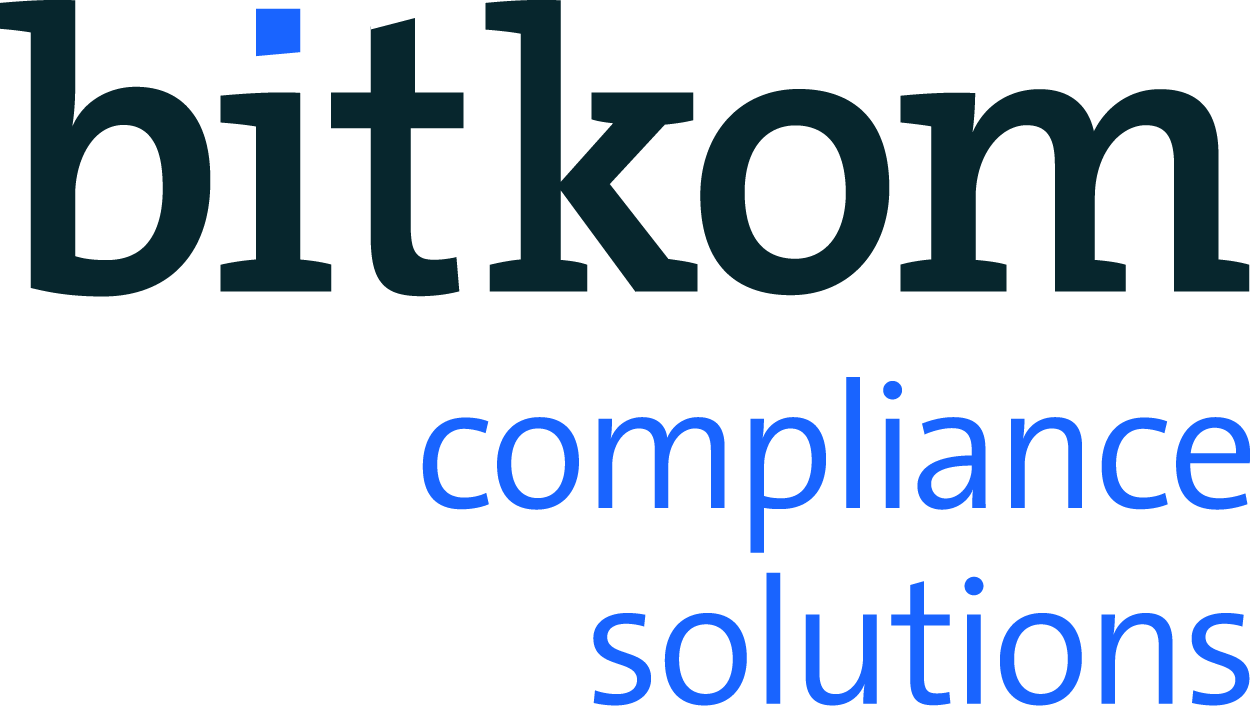Press release - One year of ElektroG: Implementation of the amendment to ElektroG has posed major challenges to companies
- One year after the latest implementation of the ElektroG 2018, the biggest struggle for companies is determining legal certainty.
- weee full-service offers support to manufacturers and dealers for implementing the legal requirements.
The implementation of the new requirements of last year's Electrical and Electronic Equipment Act (ElektroG 2018) has presented many companies with challenges. This is the result of a survey of more than 200 companies from Germany, including manufacturers, dealers and importers of electronic products.
Legal uncertainty regarding the exact requirements of ElektroG 2018 (54 percent) and a cost of implementation that is difficult to estimate (29 percent) are the most frequently cited problems. Furthermore, every sixth company (16 percent) says the lack of practical implementation aids and skilled personnel is their biggest challenge. Nearly three out of ten respondents (28 percent) had to stop selling electrical and electronic products in Europe. Due to the requirements of the WEEE Directive, for some companies sales in the European market are not (or: no longer) worthwhile.
In contrast, there is also a positive mood. Over one fifth of the companies surveyed indicated they faced no challenges (21 percent). More than every tenth company (12 percent) actually considers the amendments to the ElektroG 2018 to be an advantage to their own company. Over half of the companies (60 percent) required no external consulting nor additional personnel. However, a large majority of companies (86 percent) complain that ElektroG 2018 will result in higher expenses for business processes. Only every fourth company surveyed expects the amount of work to remain the same.
ElektroG 2018 costs companies time and money," says Anja Olsok, Managing Director of Bitkom Servicegesellschaft. "The main difficulty is that it is unclear how a wide range of speci-fications are to be precisely interpreted and implemented. This is especially difficult for small companies, whose resources are already scarce." Therefore, Bitkom Servicegesellschaft offers with the weee full-service comprehensive information and free online seminars for affected companies.
The background regarding last year's changes was the amendment of the ElektroG in 2015, which enabled Germany to comply with the requirements of the European WEEE Directive. The introduction of the open area of application, whereby additional products fall under the law, was one of the last implementation of the new ElektroG. In accordance with the new legal requirements, manufacturers, dealers and importers of electronic products had to register with the appropriate National Register for waste electric equipment (Stiftung EAR) in order to ensure the environmentally-friendly disposal of products. These new developments were intended to simplify the registration of electrical appliances: ElektroG 208 reduced the number of categories of appliances from ten to six. Since then, the classification of the prod-ucts has mainly been based on the size of the products, with less emphasis on their functionality.

